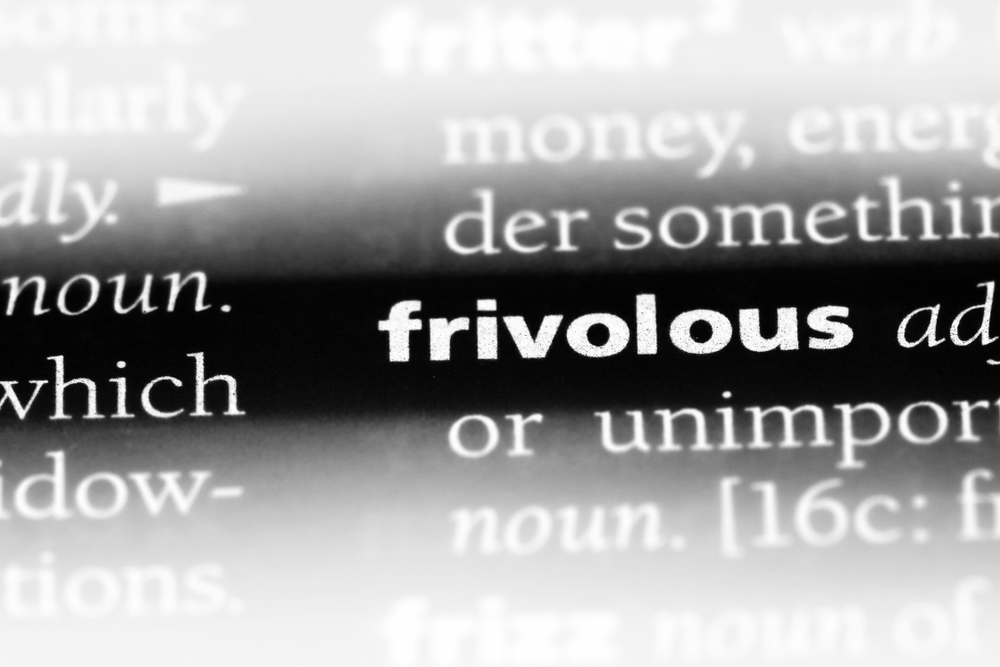Piercing the Corporate Veil is NO Easy Feat
Piercing a corporate veil to go after principals in their personal capacity is no easy feat. And it should not be viewed as an easy feat. While there are times trying to pierce the corporate veil is warranted, a party still MUST PROVE the requirements to pierce the protections of a corporate structure to go after the principals in charge of the corporate entity. Otherwise, doing business under a corporate structure would be severely emasculated. To pierce the corporate veil, a party must prove the following elements: “(i) [the person] dominated and controlled [the corporate entity] to such an extent that the...
Continue reading













